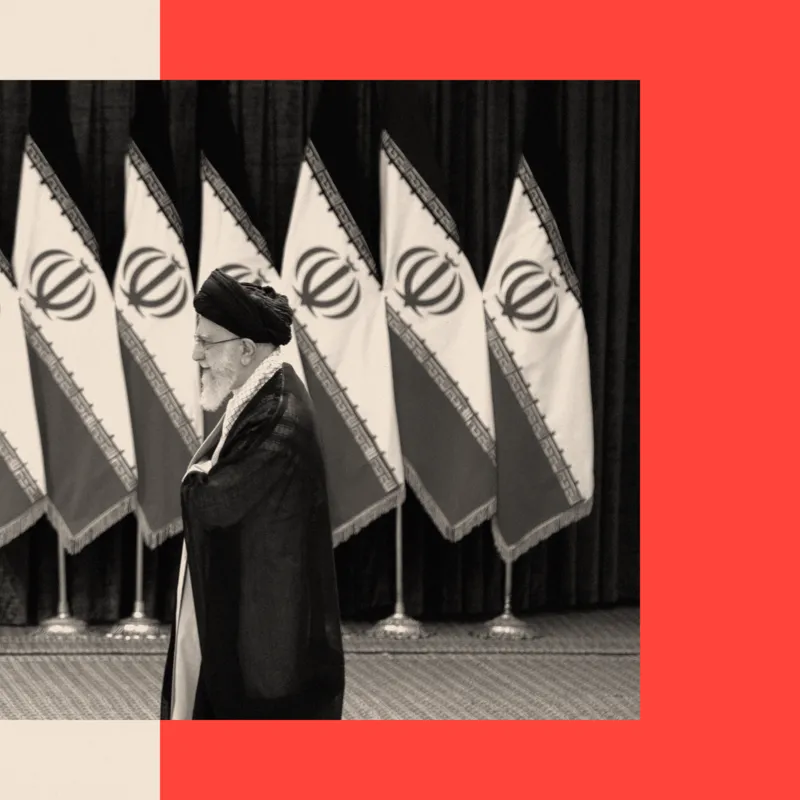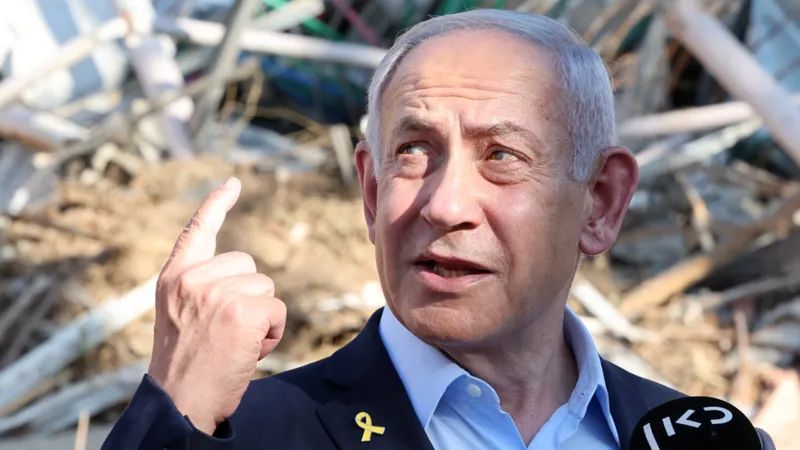The European Commission on Wednesday formally told Malta to end its “golden passport” scheme for deep-pocketed foreign investors or risk EU court action.
Valletta has two months to respond to the order — termed a “reasoned opinion” — otherwise the matter could be sent to the Court of Justice of the European Union.
The commission said it considers the scheme, which allows non-Europeans to effectively buy Maltese — and therefore EU — citizenship through defined payments or investments, a “breach of EU law”.
It “infringes the very status of citizenship of the Union as laid down in the (EU) treaties,” it said in a statement.
Malta’s government responded with a statement saying it will study the commission’s reasoned opinion and reply “in due course”.
But it also argued that any citizenship issue was “within the national competence of a member state and it should remain as such”.
“That being said, the government reiterates that only worthy individuals benefit from an important right as citizenship on such basis,” Malta’s government said.
Wealthy Russians and Chinese in particular have used the scheme to get EU citizenship through Malta, as well as from Cyprus or Bulgaria, which have had similar programmes.
Malta has controversially raised 1.1 billion euros ($1.2 billion) since 2013 by offering passports in exchange for investments,
Cyprus halted its “golden passport” offer last October. Malta last month excluded Russians and Belarusians from its scheme as Europe cracked down on Russian oligarchs and politically linked individuals over the war in Ukraine.
Bulgaria’s parliament on March 24 approved legislative changes to end its scheme.
The commission, the EU’s executive tasked with protecting the bloc’s treaties, opened infraction procedures against Malta and Cyprus in October 2020.
It issued a recommendation last week saying that EU member states “still operating investor citizenship schemes need to terminate them immediately”.
It also called for “golden passports” or similar investment-dependent residence permits given to Russians or Belarusians subject to EU sanctions to be immediately withdrawn.
While Malta’s suspension of Russian and Belarusian applications for “golden passports” was “a positive step,” the commission noted that “Malta continues to operate the scheme for all other nationals and did not express any intention to stop it”.












